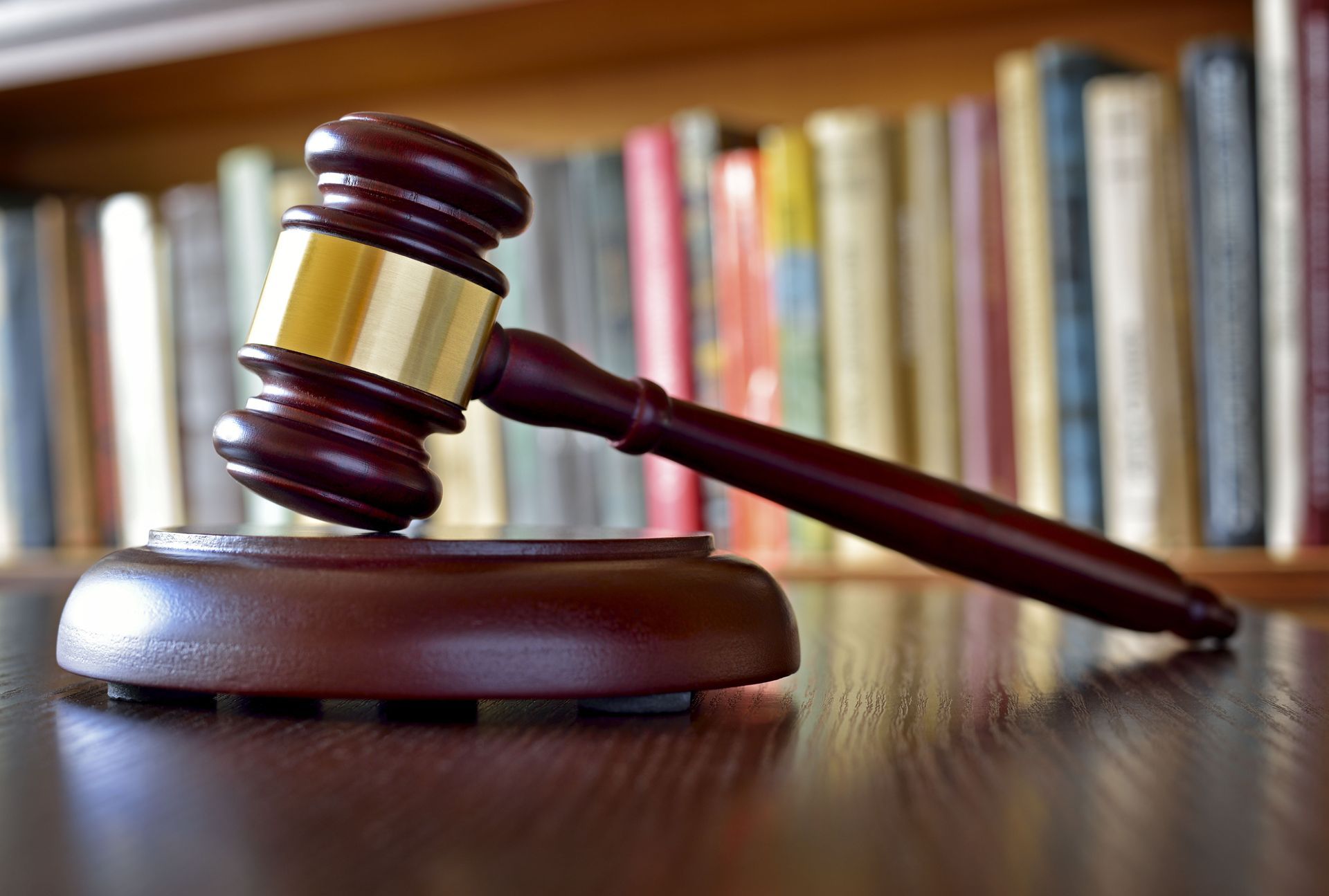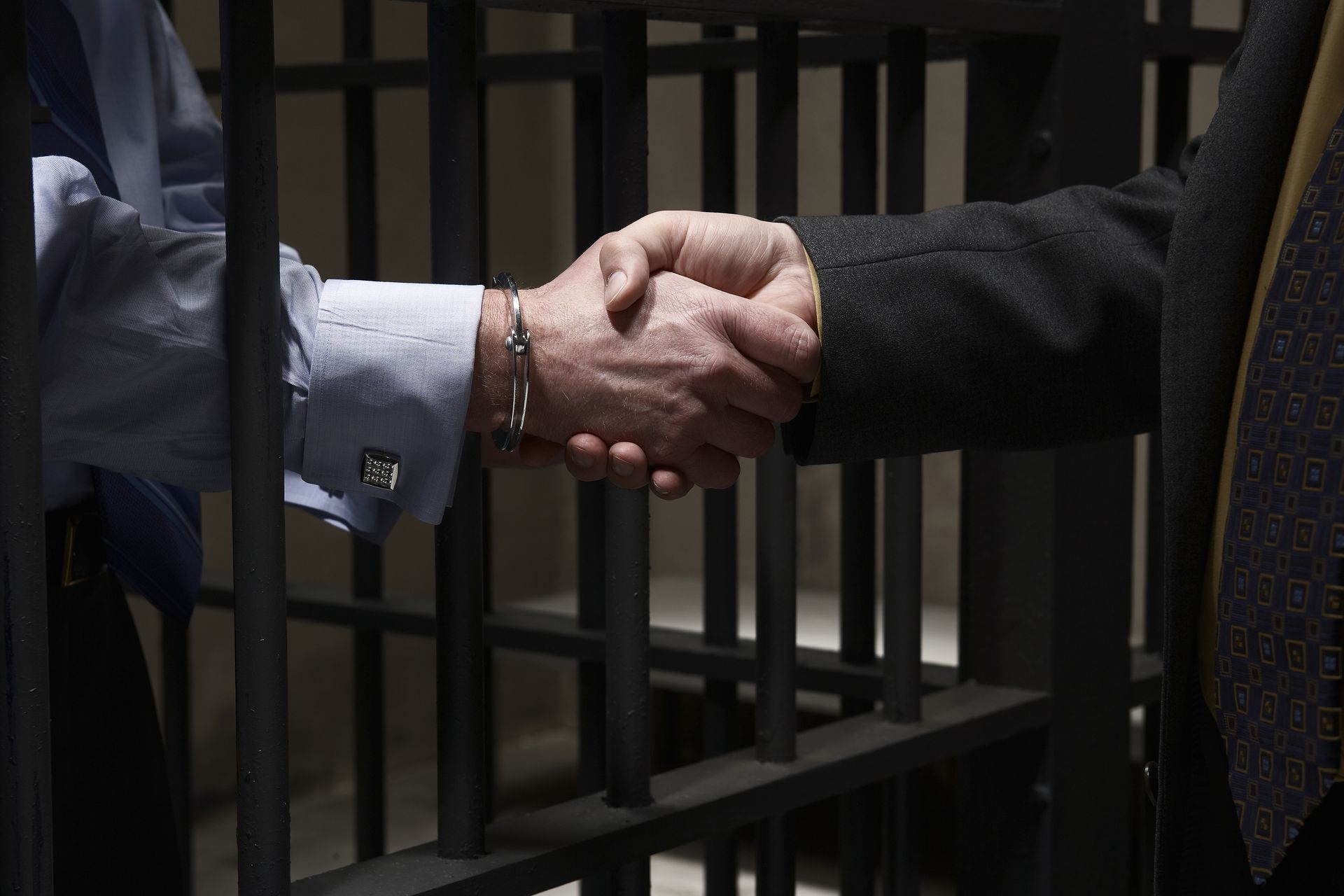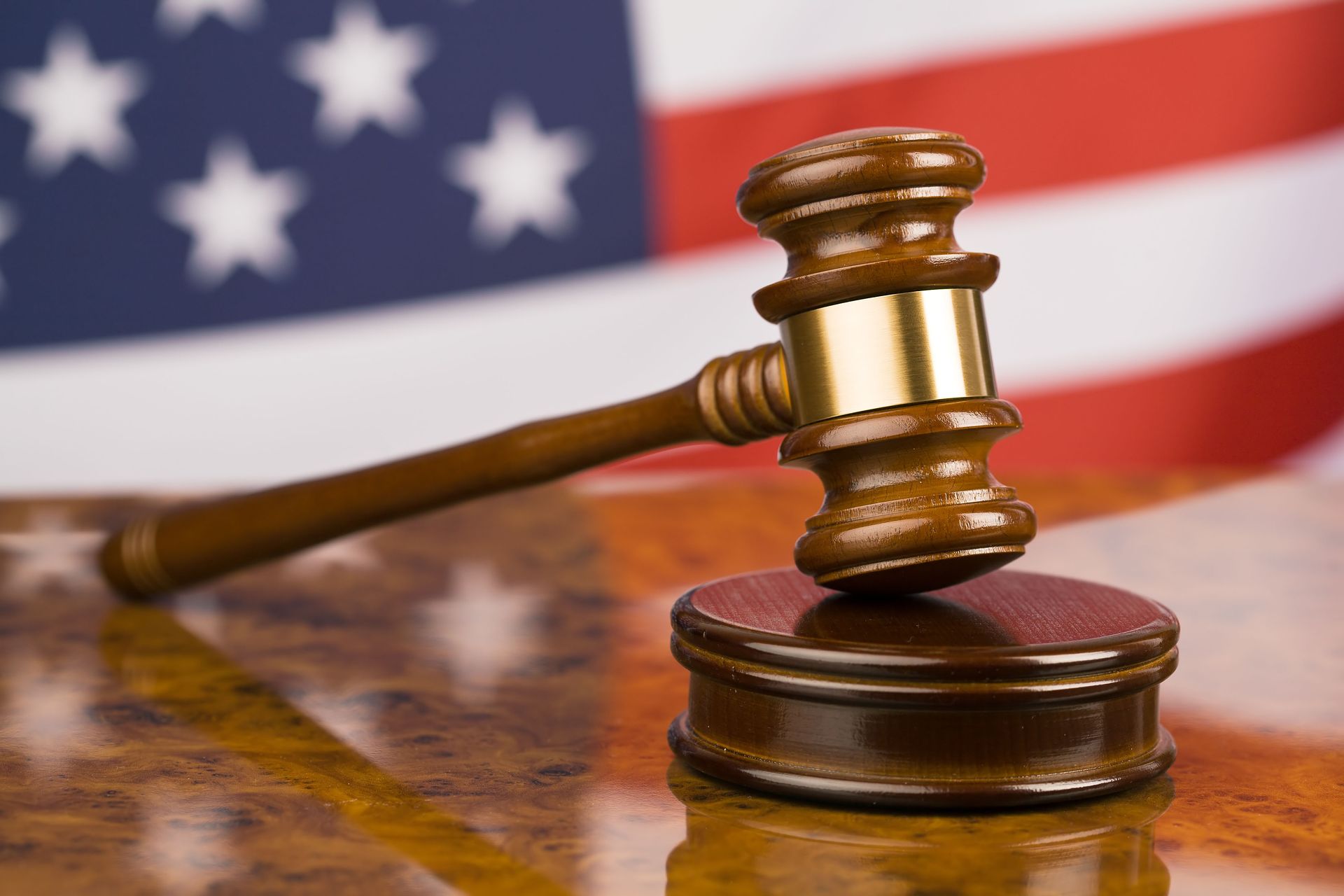Understanding Your Choices When It Comes to Bail
In the movies, we've all seen how bail works. The judge will set a certain amount of money for the defendant, and they will pay it if they want to get out of jail. But how does bail actually work in the real world, and what choices do you have?
What Is Bail?
Regardless of guilt or innocence, a defendant must post cash bail, a refundable amount set by the court, in order to remain at home while awaiting trial. The judge will usually take a few different things into account when they are deciding on the amount. Criminal history and crime severity are two of the major things they look at. Although the phrase "innocent until proven guilty" is frequently used, you will have to spend time in jail if you can't pay bail.
The Process
This is how bail often operates. You have been detained, fingerprinted, and processed after being arrested. You'll attend an arraignment, often known as the first hearing, within 24 to 48 hours. Next, you'll be formally charged there by a judge, and you can choose to plead guilty or innocent. The court will next decide whether to grant bail and establish the amount, whether to free you on your own recognizance without payment, or whether to deny bail. Bail is typically denied if a defendant is regarded as a flight risk or a danger to the community due to the nature of the alleged offense.
According to The Marshall Project, if bail is granted, you have three choices:
- Pay the balance in full to get released from custody. You will receive your money back no matter what happens at the trial.
- Pay nothing. You'll report back to jail to await your trial.
- Get out of jail by obtaining a
bail bond. In this scenario, you would pay a private agent, also known as a bondsman, a portion of the money, often 10%, and provide collateral like the deed to your home or vehicle to cover the remaining balance. Bail bond businesses, in turn, guarantee the court will receive the whole amount. Even if your charges are dropped, the bail bond money you pay is non-refundable.
What If You're Unable to Pay?
Some states permit or mandate a bail review hearing if a defendant cannot afford to post bail or a bail bond and cannot be released from custody. The judge will often review the defendant's financial resources and responsibilities at this hearing and their capacity to post bail, such as childcare and rent. The court may lower the bond amount, release the defendant on unconditional release, or in some states, provide alternatives to posting bail if it finds that the defendant lacks the financial means to do so.
The experience of being charged with a crime can be frightening and troubling, and being released from jail might help restore some sense of normalcy. Knowing your options and when and how to post bail would be beneficial. Contact Pletcher Bail Bonds today for more information





Share On: